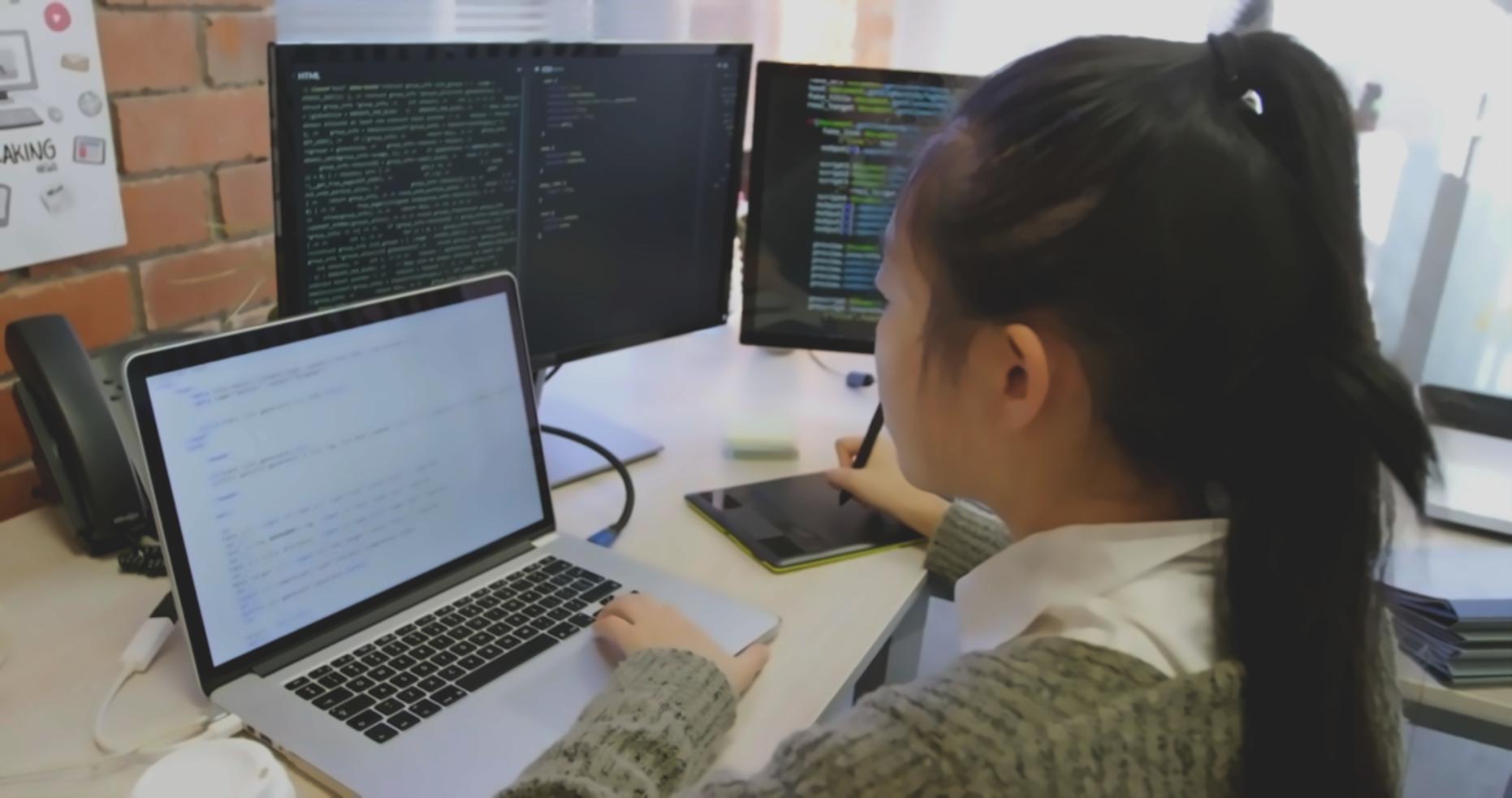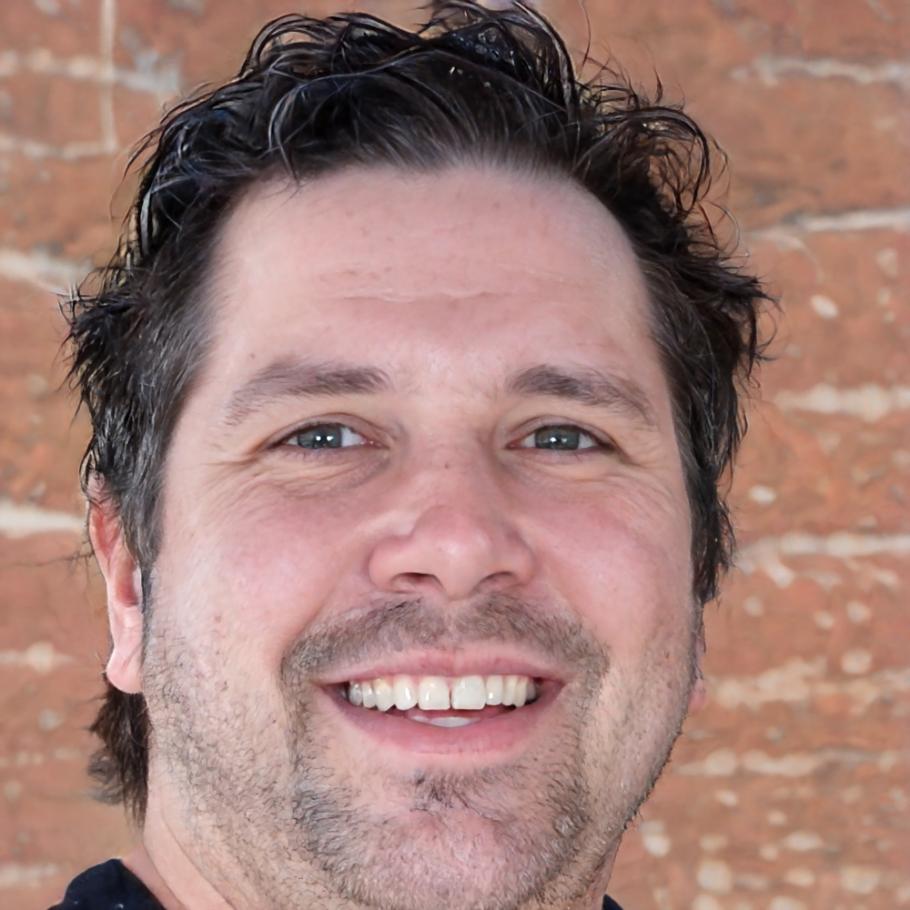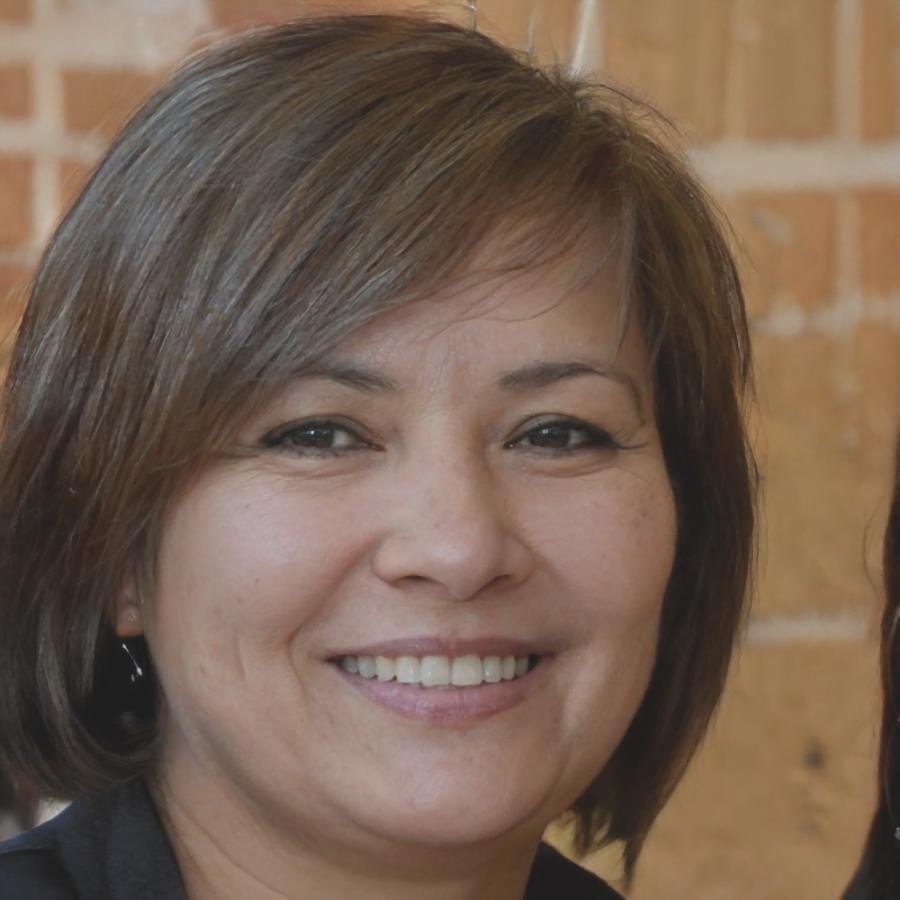Building Game Developers Through Practice
Our teaching approach focuses on hands-on experience rather than theoretical lectures.
We've spent years refining a system that mirrors actual studio workflows. Students work on real projects from week one, making mistakes in a safe environment and learning through iteration. The curriculum adjusts based on individual progress, and our mentors have all shipped commercial games.
Explore Programs
Three Pillars That Shape Our Teaching
These principles emerged from conversations with former students and industry partners. They're not buzzwords, they're the foundation of how we structure every course.
Project-First Learning
Theory without application fades quickly. Students begin building a simple game in their first week, even if they've never coded before. Each new concept gets immediately applied to their current project.
- Weekly project milestones with peer reviews
- Version control from day one
- Regular playtesting sessions
- Portfolio pieces that demonstrate growth
Industry-Connected Mentorship
Our instructors still work on commercial projects. Taiwa Berglund mentors our Swift development track while consulting for indie studios. This keeps curriculum relevant and connected to current market needs.
- One-on-one code reviews every two weeks
- Monthly Q&A with guest developers
- Feedback based on studio standards
- Career guidance from active professionals
Adaptive Progression
Not everyone learns at the same pace. Our platform tracks individual progress and adjusts content difficulty accordingly. If someone grasps UI patterns quickly but struggles with optimization, the system responds.
- Personalized challenge difficulty
- Optional deep-dive modules
- Flexible pacing with milestone gates
- Support channels for different learning styles
How Skills Build Over Time
Our twelve-month program follows a structured progression. Each phase builds on previous work, with clear milestones and regular portfolio updates.
Foundation Phase
Students learn Swift fundamentals while building their first playable game. The focus is on core programming concepts, basic game loops, and understanding iOS development tools. By the end of month three, everyone has shipped a simple but complete game to TestFlight.
Depth Building
This phase introduces more complex systems like state management, data persistence, and player progression mechanics. Students work on a medium-complexity project that requires planning and architecture decisions. Code review sessions become more detailed.
Professional Practice
Students tackle a capstone project that simulates studio conditions. This includes working with designers, handling feedback from playtests, and making data-driven decisions about game balance. Monetization strategies and App Store optimization are covered here.
Portfolio Refinement
The final quarter focuses on polishing portfolio pieces, preparing for technical interviews, and understanding the business side of game development. Students also work on personal projects that showcase their unique interests and strengths.
Who Guides the Learning Process
Our instructors balance teaching with ongoing development work. This dual role keeps them connected to industry changes and ensures students learn current practices.

Taiwa Berglund
Taiwa has spent eight years building mobile games for both indie studios and larger publishers. He started teaching in 2022 after realizing how much he enjoyed mentoring junior developers. His teaching style emphasizes debugging skills and understanding why code works, not just memorizing syntax. Students appreciate his patience with basic questions and his ability to explain complex topics through practical examples.

Liridona Mustafaj
Before joining our team, Liridona worked as a game designer at a Taiwan-based mobile studio. She brings a player-centered perspective to technical discussions and helps students understand how code decisions affect user experience. Her background in psychology informs her teaching approach, particularly when helping students work through challenging concepts. She runs the monthly playtesting sessions and teaches the game balancing modules.
Questions Students Ask
These questions come up regularly during information sessions. We've organized them by when they typically arise in the learning journey.
Before Starting
During the Program
After Completion
Ready to Start Building Games?
Our next cohort begins in September 2025. Application review starts in June, and we're accepting portfolios now for early consideration.
Get Application Details